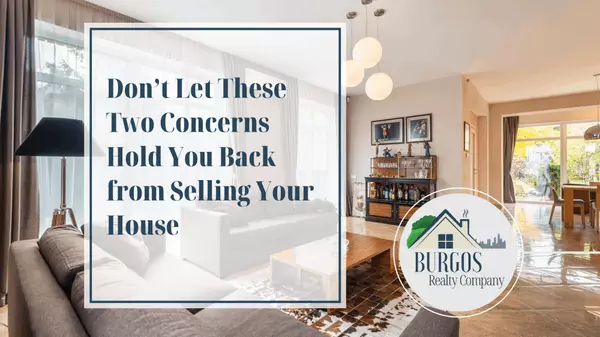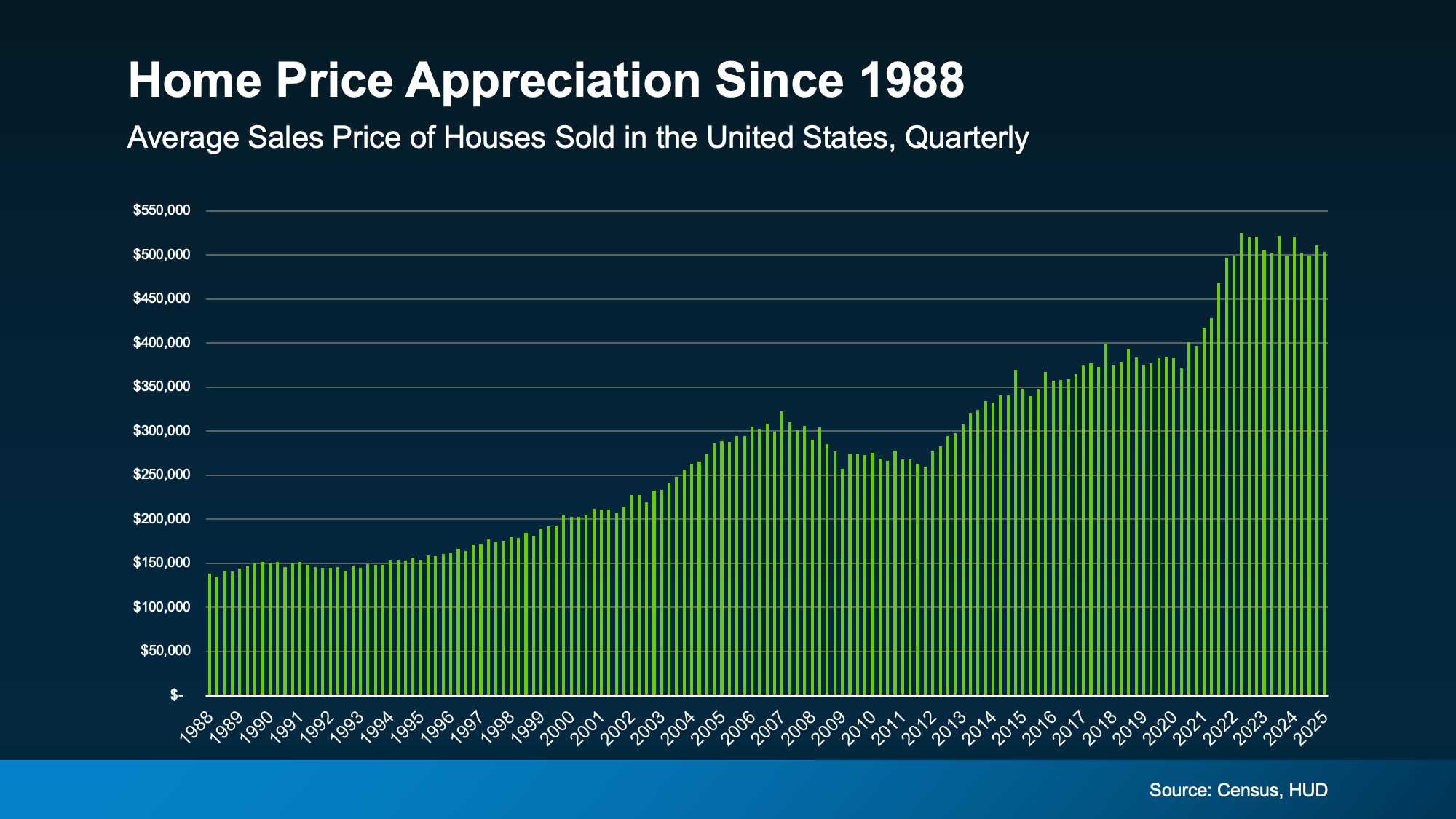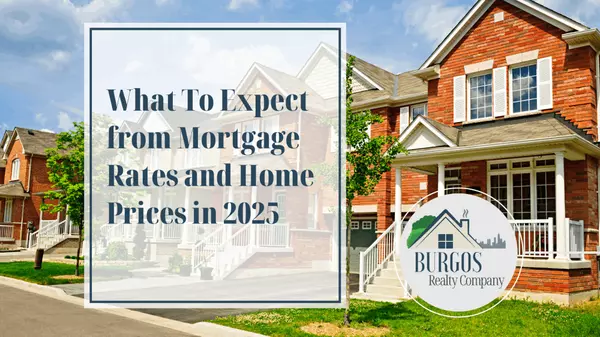

Don’t Let These Two Concerns Hold You Back from Selling Your House
If you’re debating whether or not you want to sell right now, it might be because you’ve got some unanswered questions, like if moving really makes sense in today’s market. Maybe you’re wondering if it’s even a good idea to move right now. Or you’re stressed because you think you won't find a house
Read More

Make Your House the Top Thing on Every Buyer’s Wish List This Season
With the holidays right around the corner, homeowners planning to move have a decision to make: sell now or wait? Some may even consider taking their house off the market until next spring. But is that the best choice? Because at this time of year, your home can really stand out. Here's the thing: t
Read More

How Much Does It Cost To Sell My House?
If you’re toying with the idea of selling your house, you’re probably wondering how much it’ll cost. To be honest, the final number will depend on several factors like the offer you accept, if you help with your buyer’s closing costs, how many repairs you tackle, and more. So, to give you a ballpark
Read More
Categories
Recent Posts










